The United States, long championed as the land of opportunity and academic excellence, is now sending shockwaves through its global academic community. A place once hailed for its cultural openness and educational prestige has begun to cast a shadow over its international student population. For many, especially from Muslim-majority nations like Pakistan, the American dream is fast morphing into a diplomatic nightmare.
My own journey began with promise. During the Obama administration in 2016, I had the privilege to attend a faculty development program at George Mason University, courtesy of the US State Department. Later, I co-authored and co-taught with professors from esteemed institutions like the University of California, Santa Barbara and Eastern Mennonite University. These professors hailed from “blue states”, places that embodied the liberal and inclusive values of the US higher education system. Diversity was not just a buzzword; it was the system’s very heartbeat.
Fast-forward to 2023, and the academic climate had changed but remained intellectually rich under President Joe Biden. My engagement with American institutions was still marked by curiosity, collaboration, and cultural exchange. However, a chilling contrast now looms: the specter of Trump’s America, where immigration and higher education intersect with an unsettling sharpness.
What was once an academic sanctuary is now a site of surveillance and exclusion. In recent months, more than 400 international students, including dozens from Pakistan, have had their visas abruptly revoked. This wave of cancellations was carried out without prior notice or legal explanation, many during routine audits of the Student and Exchange Visitor Information System. The institutions most affected include elite names like Harvard, Stanford, UCLA, and the University of Michigan.
At UCLA alone, twelve students and alumni have been impacted. Harvard confirmed five cases. Even more alarming, some affected students had no involvement in political activism, yet they were caught in a widening dragnet that appears to target those who are, or are perceived to be, pro-Palestinian.
The Trump administration has not officially stated the motives behind these cancellations, but Secretary of State Marco Rubio claimed that more than 300 visas were annulled in connection with political activism. This vague justification bypasses due process and stokes fear among those who contribute significantly to the US academic and cultural life.
Meanwhile, university officials and human rights organizations have sounded the alarm. They argue that the visa revocations lack transparency and undermine students’ legal and academic rights. “Sudden, unexplained cancellations are causing distress,” said UCLA Chancellor Julio Frenk, affirming the university’s support for affected students. At institutions like Ohio State and UC Berkeley, legal teams are scrambling to provide assistance.
But it is not just individual students who are suffering. Programs designed to foster long-term mutual understanding are being dismantled. The US State Department recently terminated the Global Undergraduate Exchange Program (Global UGRAD) for Pakistani students, a flagship initiative that had run for over 15 years. This move is part of Trump’s broader national security re-evaluation, one that also slashes food, medical, and cultural exchange initiatives.
The Global UGRAD program, coordinated by the US Educational Foundation in Pakistan (USEFP), had provided over 2,500 Pakistani undergraduates with semester-long opportunities to study in the US. It was more than an academic exchange, it was a bridge between cultures. The abrupt end of the program not only blocks these pathways but also sends a signal that such bridges are no longer worth maintaining.
Though the Fulbright Program and other graduate-level opportunities remain available, the chilling message is clear: the US is becoming less welcoming, especially to students from politically sensitive backgrounds or Muslim-majority countries.
These developments raise pressing questions for Pakistan. As talented students are turned away or forced to leave mid-program, are Pakistani universities prepared to accommodate them? Do we have the infrastructure, academic support, and cultural sensitivity to reabsorb and nurture these students, many of whom carry global experience and leadership potential?
The answer requires urgent attention. While America tightens its gates, Pakistan must rise to the occasion, by investing in homegrown excellence and reinforcing academic freedom. Universities need to enhance their global outlook without depending entirely on foreign programs. We must also protect our scholars from political retaliation, both at home and abroad.
Ultimately, the American university was once a beacon of openness, a symbol of intellectual sanctuary where ideas thrived, and diversity was celebrated. That vision now faces a harsh reckoning. As political ideologies bleed into education, the foundational values of academia — inquiry, dialogue, and inclusivity — risk becoming casualties.
International students are not just visitors; they are contributors. Their presence enriches classrooms, research labs, and communities. If the US continues down this path of exclusion and silent deportations, it may find itself academically isolated in an increasingly interconnected world. The question now is not just about America’s policies, but about its principles. Will it remain a nation that opens its doors to minds from around the world, or will it continue erecting walls against those it once welcomed with open arms? Or should we wait for a president when values will speak louder than visas.
By: Muhammad Shaban Rafi and Amna Naveed
The first author is a Professor of English at Riphah International University. He is a lead guest editor at Emerald and Springer publishing.
The second author is an Assistant Professor of English at COMSATS University Islamabad, Lahore Campus.

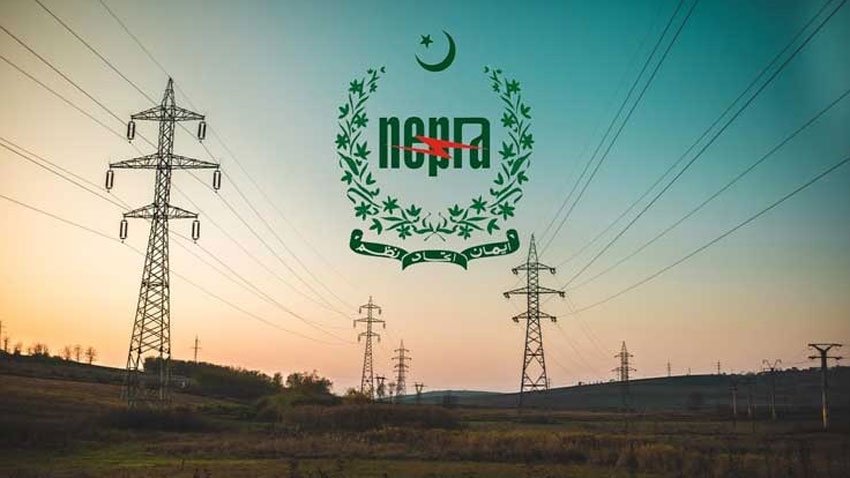

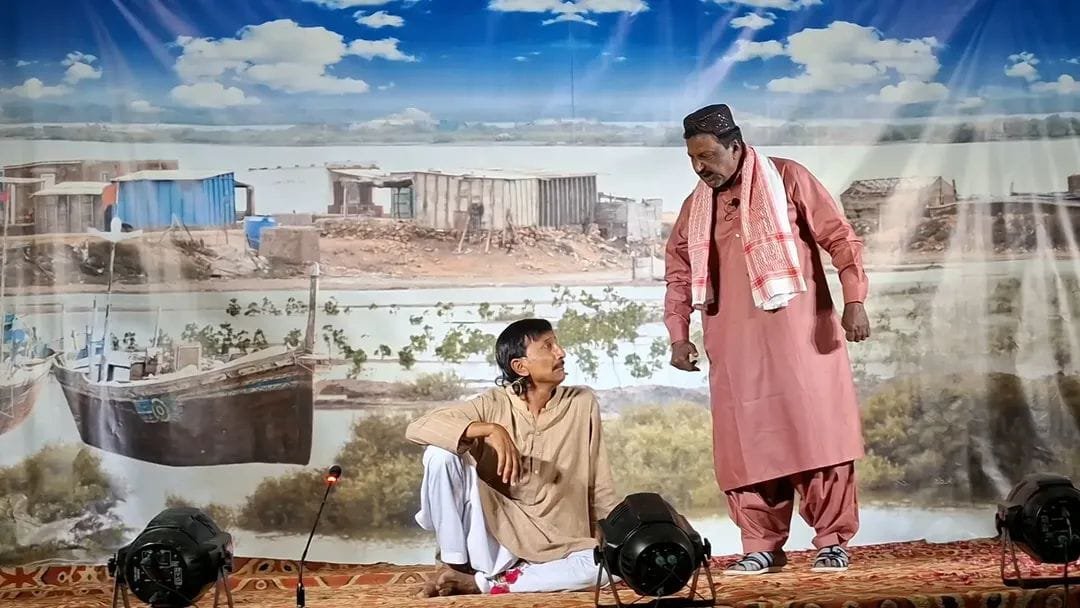
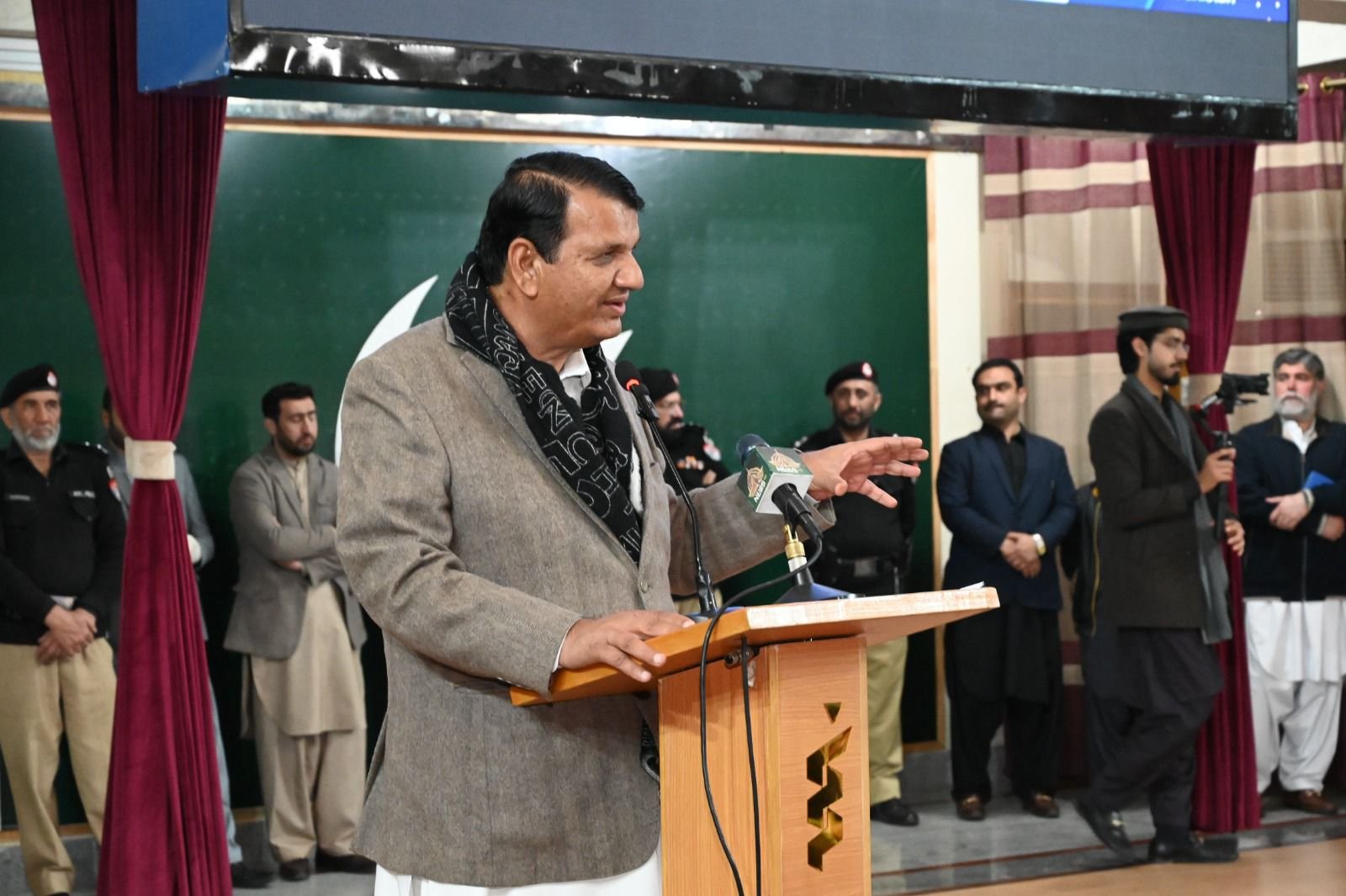
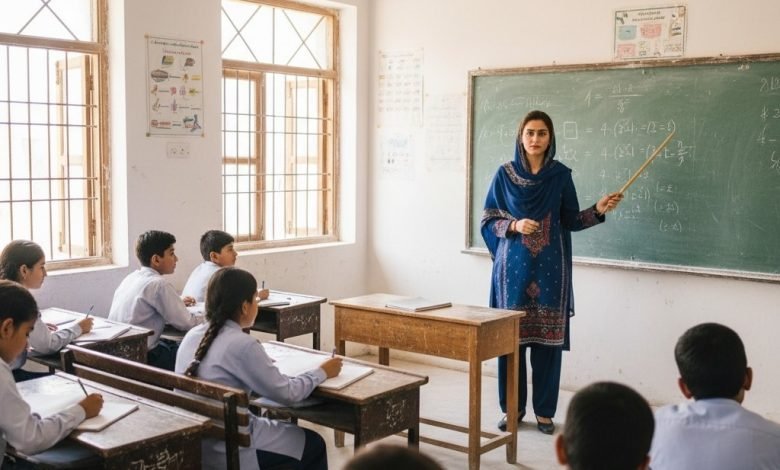
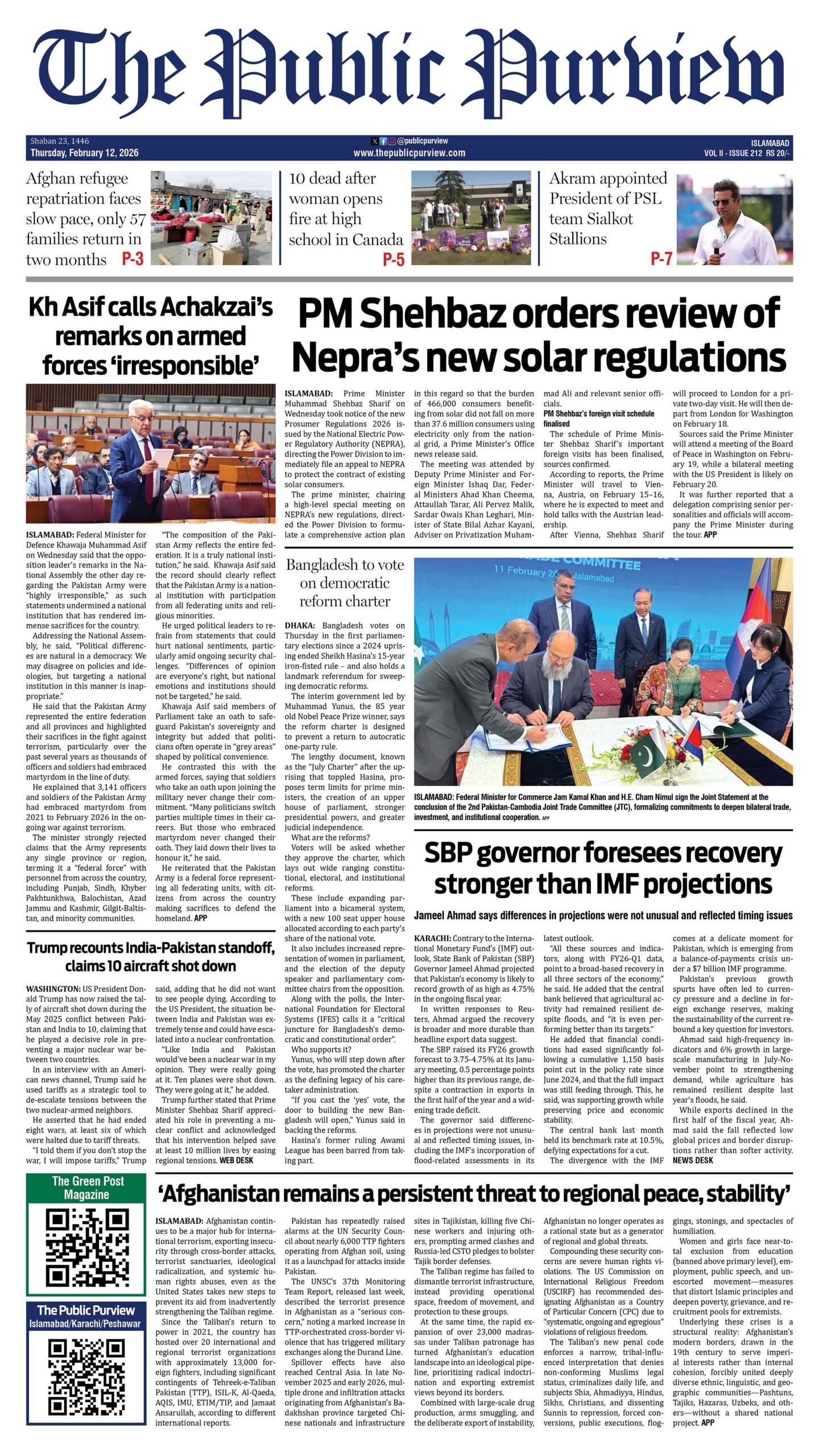 Today's E-Paper
Today's E-Paper